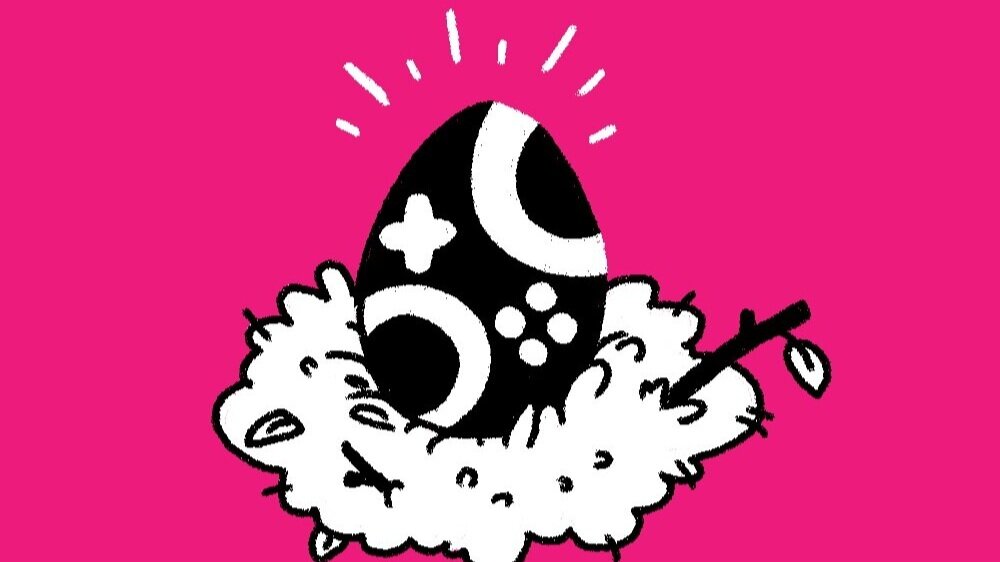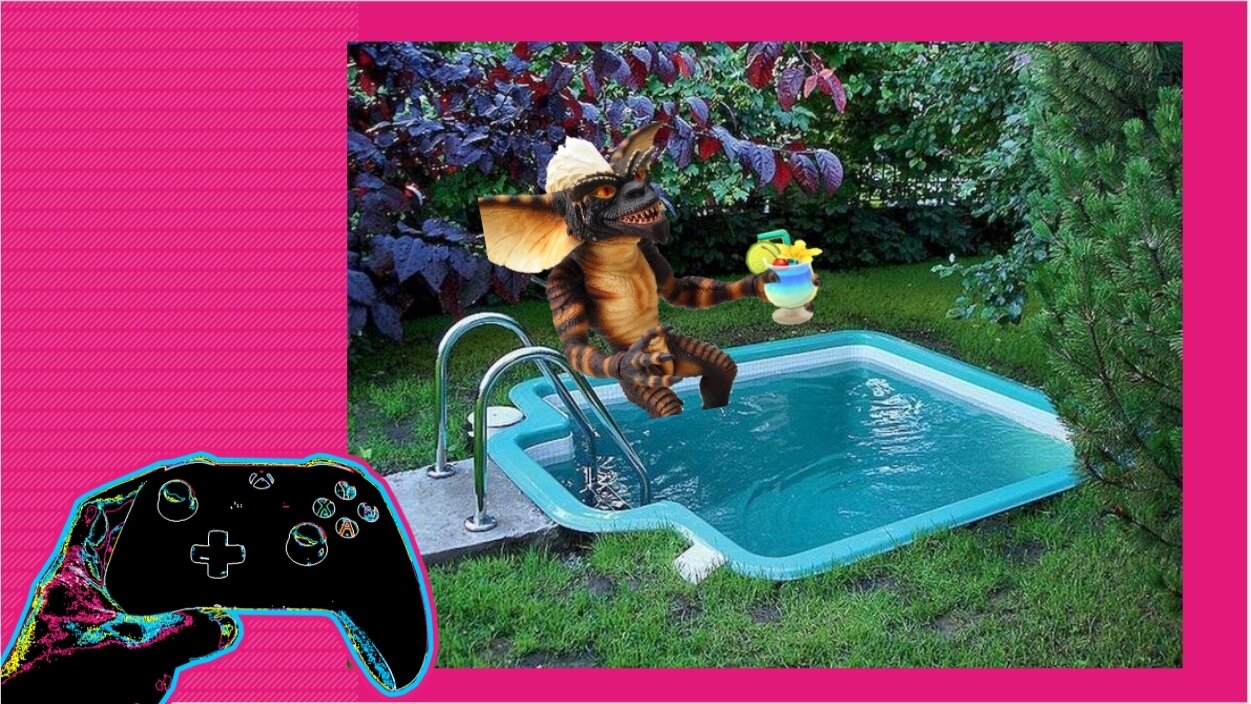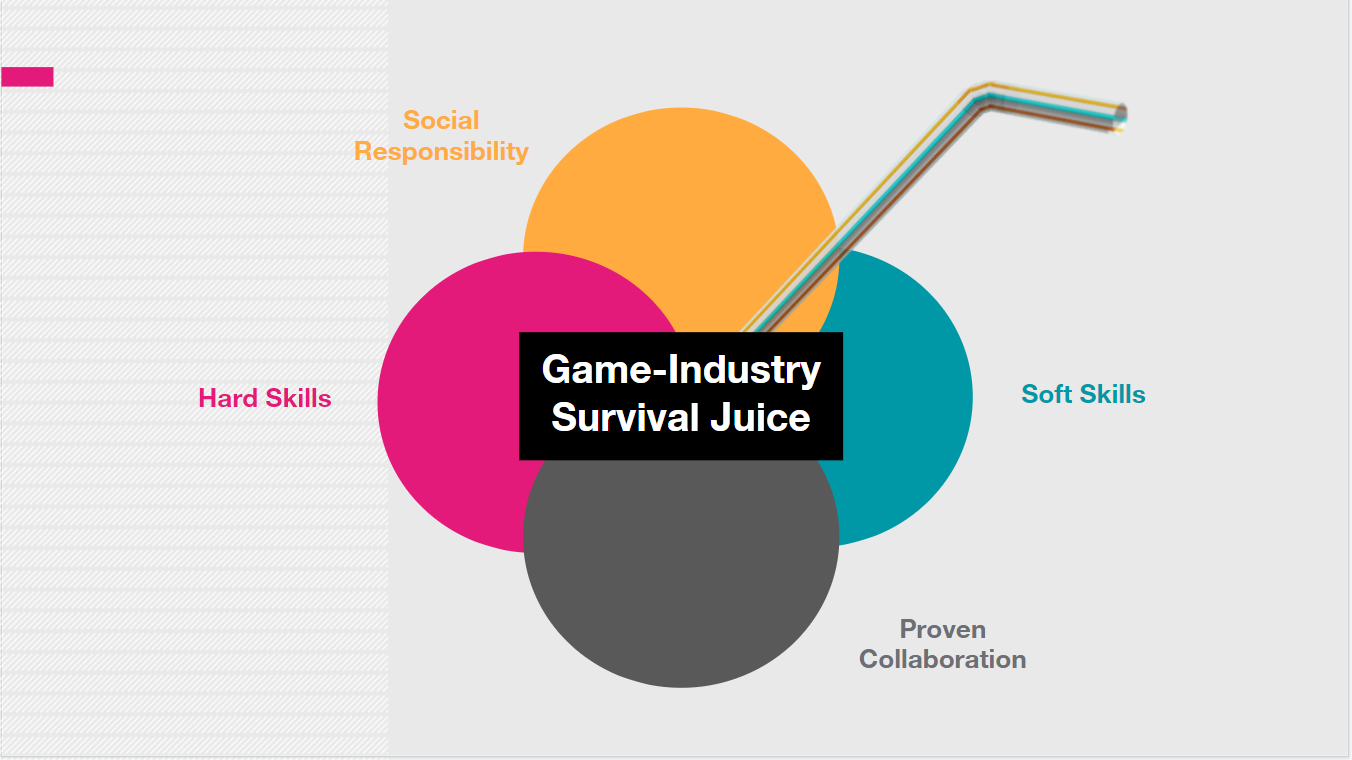Social Responsibility & Rad Studio
Rad Studio, our college-level incubator for game development students, is one of our biggest and most impactful programs. For our 2020 season, Rad Magpie executives Dana Steinhoff and Megan McAvoy tirelessly created a curriculum that blends together all the ingredients of "Game Industry Survival Juice," which we’ll cover more in depth here. Megan, our Creative Director and Rad Studio Program Director, presented the following material as a “Microtalk” at our annual End of Summer Party. You can find a recording of the presentation at the bottom of this page :)
Social Responsibility Within an Incubator
What even is an incubator, anyways? “Incubators” as we see them are intended to get a group of folks together under the leadership of a seasoned individual who can help them reach their shared goals. Rad Studio is Rad Magpie’s incubator program for teams of college students pursuing game development careers. In Rad Studio, folks get together in teams and make a game together under Rad Magpie’s direct guidance. Over the course of a summer, this diverse cohort of developers gains an extra semester’s worth of experience in their respective disciplines plus a deeply collaborative production cycle.
These technical outcomes are great goals! We did, however, want to take this program a step further and make sure everyone involved learned how to lift each other up. People are often left to their own devices when it comes to learning concepts of social responsibility, so we wanted to include intentional time in the program that centered on these outcomes. Throughout Rad Studio 2020 we had open and honest discussions about a ton of otherwise “independently learned” subjects that pertain to community, mutual support, and leadership. These conversations alone translated to some serious personal growth that folks might otherwise have not been exposed to.
Soft Skills and Hard Skills
The initial goal of technical skill development alongside compassionate skill development fostered a unique duality in the program: Rad Studio applied the same weight to the importance of “hard skills” and “soft skills” on teams. If you’re unfamiliar with the terms, it’s been explained to me as “Hard skills are what get you hired, soft skills are what keep you there.” Below are some key concepts associated with soft and hard skills.
I’m going to enter my art-brain and paint you a little metaphor here in regards to hard skills:
Game development is like a swimming pool, filled to the brim with hard skills, and so deep that you can’t see the bottom. There is a never-ending list of hard skills that you can learn in game development. The more you work on games, especially in these team-based environments, the more you absorb. So the more you actively participate in game development production cycles, specifically, the more you learn. Rad Studio’s base function is to put students through a short, high-pressure production cycle over the span of ten weeks so that they learn the importance of scoping their projects appropriately above nearly all else, but also to engage this “practice makes perfect” side of game development learning.
While our students absorbed this technical game development knowledge by jumping in the pool that is Rad Studio, we were thinking— how we should address the soft skills? This is where our classes came in. Throughout our 10-week summer program, we facilitated five social responsibility-focused classes:
COMMUNICATION: Communication is critical to team function, so it was imperative that the students understood this from the get-go.
MENTAL HEALTH: Who better to teach this class than Eve Crevoshay from Take This, a nonprofit org that focuses on mental health in games. She came to teach our students some concepts of mental health that apply to game development, as well as how your mental health both affects and is affected by your work.
REPRESENTATION: We discussed the dangers of a “single story,” how the tropes in our creations reflect back into the real world, and how just existing in a space can encourage more people like you to enter.
LEADERSHIP: Dana taught about how compassion and clear expectations can make you a stronger leader, how the “gremlins” fear and shame can get in the way of good communication, and how to identify a leadership style that does or doesn’t work for you.
COMMUNITY & ALLYSHIP: We discussed how game development functions as a community, the role of allies, and how to become a better ally to other underrepresented developers!
The beauty of soft skills & social responsibility is that they apply in a wash over every aspect of your life, not just game development. If you build a strong understanding of these concepts, you’re going to stand out from the competition for all the right reasons. It’s really important to us that our students are empowered to grow into strong communicators, with an understanding of real, compassionate leadership and healthy motivation, who care about the communities around them and who put in the work to support the people around them. These qualities not only make excellent game developers, they make excellent allies, neighbors, and friends. People who harbor these qualities also just live happier, healthier lives.
Mentors, Workshops, and Technical Skills
Our classes created space for us to ensure our students experienced growth in their soft skills. Similarly, we needed to create a structure that would provide mentorship for our cohort members within their disciplines and in relation to the industry at large. Coaches & Mentors fulfill a part of the need of the teams to grow as game developers within this incubator. Having someone present who understands the game development process on a professional level, who can sort of sit up in the crow’s nest and warn the team of specific red flags or impediments on the horizon, helped make it possible for teams to develop as much content as they did in such a short amount of time.
MENTOR: Mentors were one-time visitors from the games industry. We pulled from all corners of the industry so that our students would get valuable insight from an array of unique perspectives through a series of mentorship sessions.
COACH: Coaches were Rad Magpie executives, specifically Dana and myself [Megan], who each paired with a team for the entire summer. We provided weekly guidance to our teams and connected them with the resources they needed. Coaches function as an expert on the inside, not necessarily members of the development team. We’re more like product owners or executive producers.
WORKSHOPS: Workshops are different from classes, in that they are shorter and teach game-development-specific skill-sets. Workshops we facilitated in 2020 include Design Documentation, Marketing Your Game, Agile Development, and The Postmortem Process. These afternoon intensives provided deep dives into concepts that our cohort expressed curiosity about.
Why Social Responsibility?
Social responsibility is an ethical framework and suggests that an individual has an obligation to act for the benefit of society at large. For some, the games industry is just this tiny shrouded corner of the world, but I really believe that the choices we make here, even on small student teams, have a butterfly effect into the rest of the world in ways that we can only barely comprehend.
Ultimately, folks come to our program looking for their own path to success in an industry that boasts crunch culture, exploitation, and a lack of representation. It’s not an easy endeavor, and we have to be honest about that! For an underrepresented creator to survive or thrive in this industry it takes hard skills, soft skills, a sense of social responsibility, some rock solid healthy coping mechanisms, and no small amount of courage. As teachers, as mentors, and as coaches, we have to combine all of these concepts throughout the program in a way that people can internalize for their future.
That’s why we move beyond the island of technical game development in our program— the technical side of things is only the first step.






